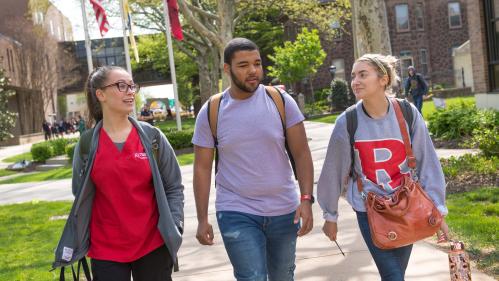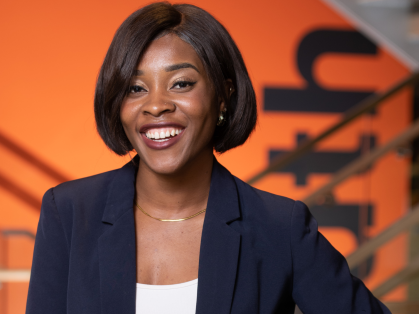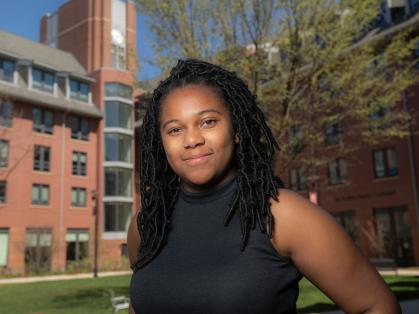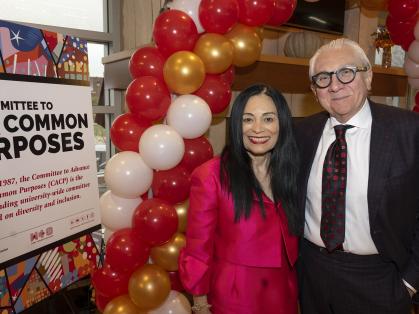University Diversity News

Rutgers University leaders today announced a long-term initiative to support civic education and create broad civic engagement opportunities with a strong emphasis on student involvement and solution-focused dialogue. The new Rutgers Democracy Lab at the Eagleton Institute of Politics will aim to promote a civic-minded community informed by research and analysis of citizenship, political participation and civil discourse.
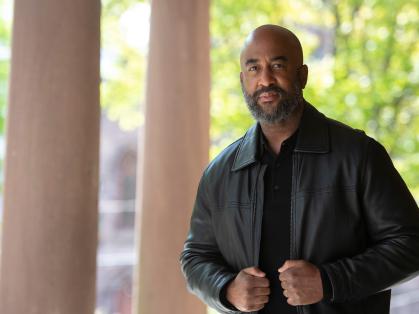
The Henry Rutgers Distinguished Professor of Philosophy who studies the intersection of hip hop and politics and whose work focuses on social and political philosophy was elected to the American Academy of Arts and Sciences.
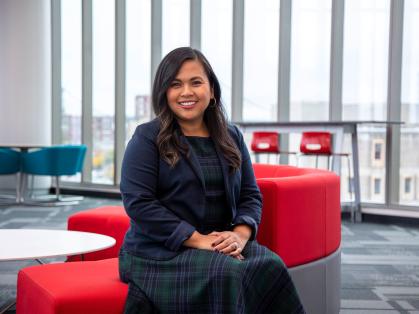
“My research interests have been fueled by my cultural roots and clinical expertise,” Jamille Nagtalon-Ramos said. "I am deeply interested in investigating the Filipino American experience and the role that family, culture, and the community play in influencing health outcomes. I will always be grateful that I not only worked with other leaders as part of this cohort, but that I was able to meet so many young people and their loved ones, who stand to benefit from the cohort’s work.”

IFH core faculty members Dr. Darina Petrovsky and Dr. Ann Nguyen are the recipients of grants from Rutgers University Equity and Inclusion’s Mutual Mentoring Program. The program supports faculty at any career stage in developing robust mentorship networks, within and outside of Rutgers University, to combat isolation and ensure all faculty have the resources they need to thrive.
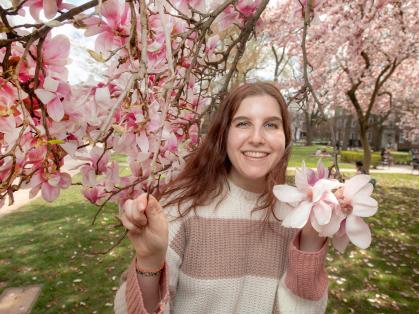
Before starting her sophomore year at Rutgers School of Nursing, Talia Rosen had never spoken with another Orthodox Jewish woman who identified as queer. Now preparing to receive her bachelor of science degree in nursing in May, the Teaneck native has spent the past two years building what she describes as a small, vibrant community of gay and Jewish students on the university’s New Brunswick campus.
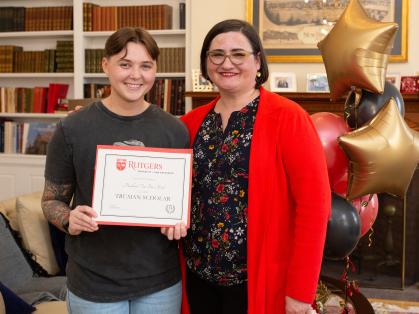
Rutgers–New Brunswick junior Maddison Van Der Mark didn’t realize the public service work she had been doing most of her life – namely serving her country in active duty as a sergeant in the army, volunteering to teach boxing to at-risk youth and tutoring veterans in writing – weren’t just hobbies until she came to campus.
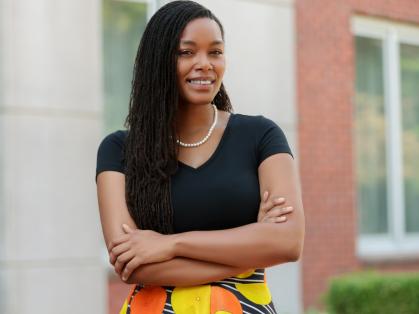
“I’ve witnessed the disparities in Newark and in surrounding areas. It wasn’t fair and it continues not to be fair. I’ve always thought lawyers had super powers and I thought that understanding the law would be important in helping the students of Newark,’’ says Newark native Asia J. Norton, who is a member of the Class of 2023.
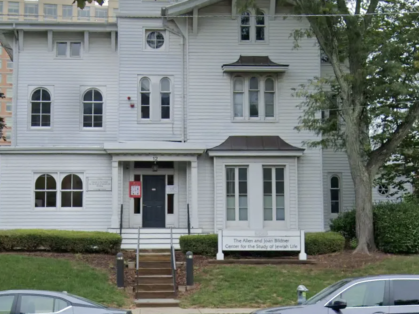
Bildner Center receives grant to create program about intersection of Jewish, Black American history
The New Jersey Council for the Humanities (NJCH) recently awarded a $10,173 action grant to the Allen and Joan Bildner Center for the Study of Jewish Life, located on the College Avenue campus, to examine the complex solidarity and friction within Black-Jewish relations.
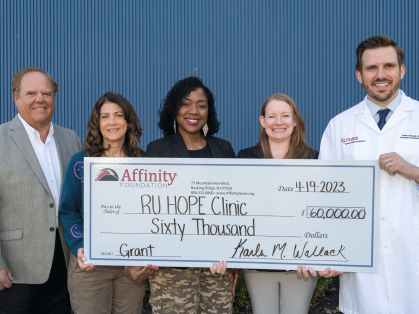
“Part of our mission is to make medical services accessible and affordable to the communities we partner with,” said Frank Giannelli, an assistant professor for the physician assistant program at the Rutgers School of Health Professions. “With help from Affinity, we can provide free primary care to uninsured and underserved adults and keep the clinic open longer.”
Want to see your diversity story featured?
We want to hear your interesting diversity, equity and inclusion-related news, whether it's about a person, initiative, organization or more within your school, college or unit.

